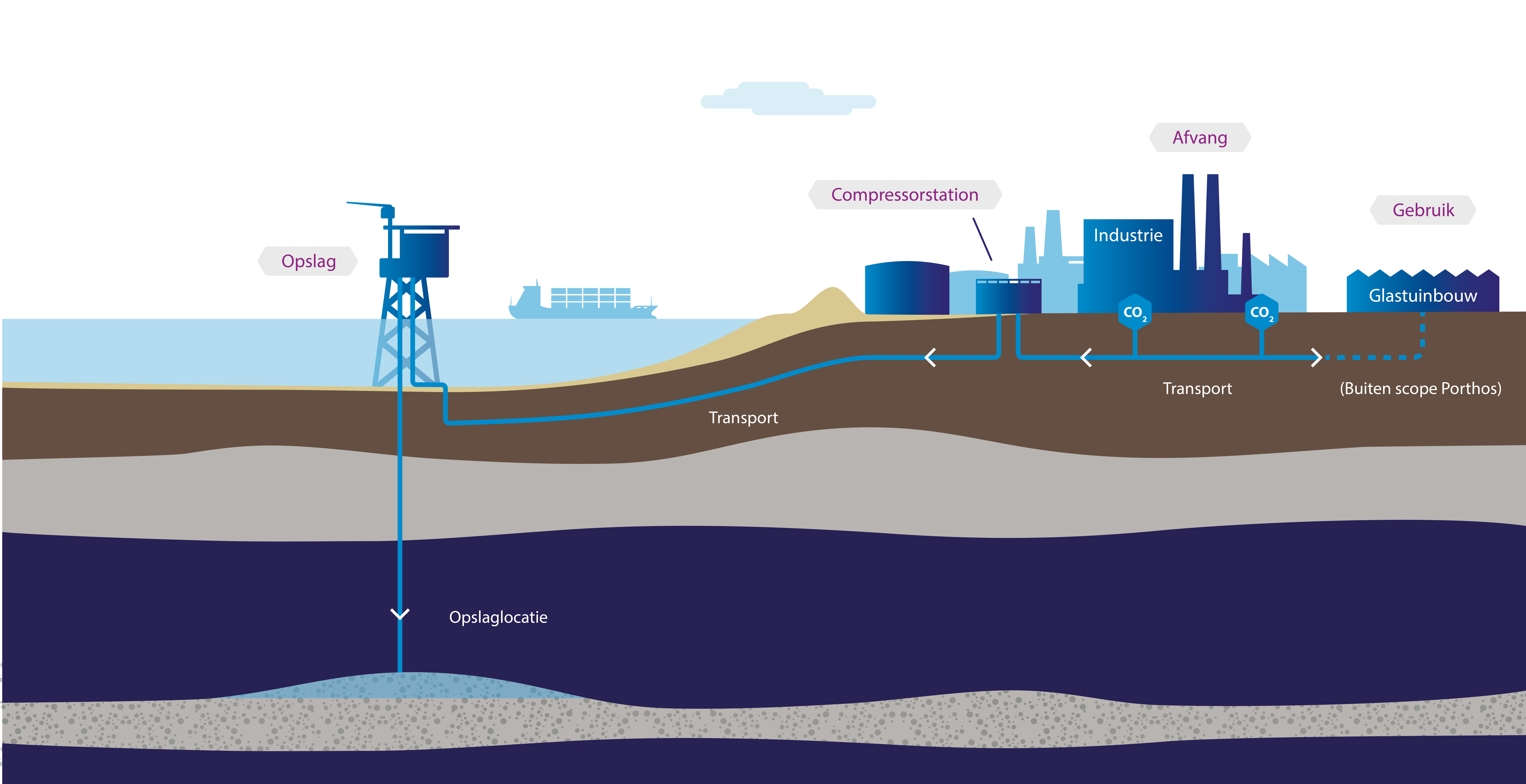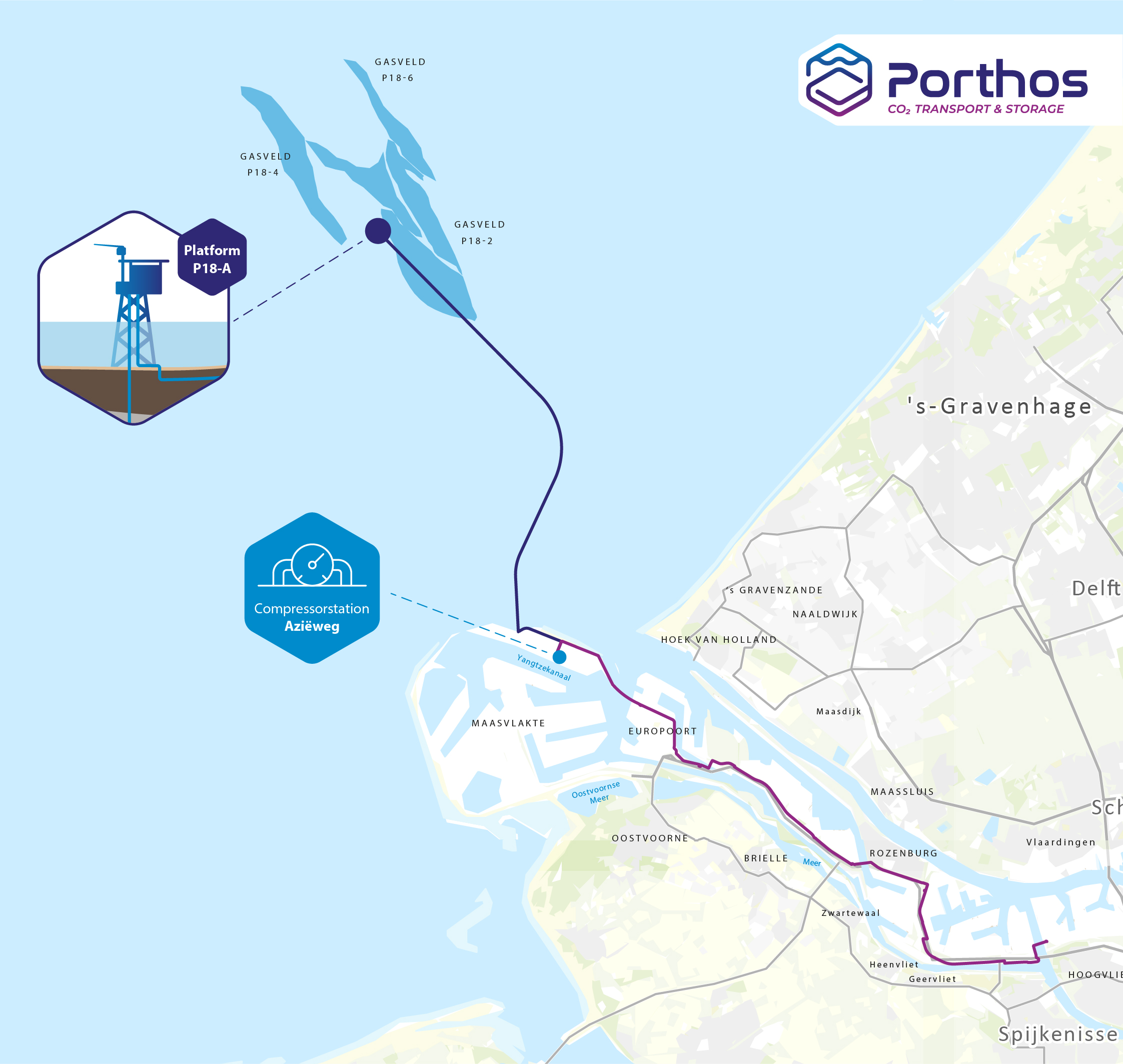To achieve climate goals more needs to be done than what is currently being done. That is why this week, the Interdepartmental Climate Policy Study (IBO) was published. The report, 'Sharp goals, sharp choices: IBO additional normative and pricing national climate policy for 2030 and 2050,' contains recommendations that are largely supported by Element NL.
Director of Element NL, Arendo Schreurs, stated, "The IBO Climate report contains a number of concrete measures, such as CCS and blue hydrogen, which we have also identified as such in our Action Agenda. We at Element NL are happy with that."
The war in Ukraine over the past year has clearly shown that the Netherlands' dependence on foreign countries makes it vulnerable in its energy supply. It is crucial to commit to accelerating sustainability while ensuring the security of supply and affordability. Schreurs continued, "So as politicians, be clear in your ambitions regarding national gas extraction. Natural gas extracted in the Netherlands serves both purposes: it has a significantly lower impact on the climate and ensures the security of supply. Importing LNG does not contribute to achieving those goals. We miss this awareness in the report, while we are still dependent on natural gas to support the energy transition for at least several decades to come."
"The report is now before politicians. Element NL hopes for the development of a broad policy framework, which provides guidance when preparing investments and new initiatives. Predictable and reliable government policy is very important for business. A clear long-term policy framework for the transition path, including the course of, for example, national gas production and the building of a CCS and hydrogen market can provide that clarity and will accelerate the transition," Schreurs said.
One of four key measures: CCS
CCS is listed in the report as one of four key measures to reduce CO2 emissions in the industry. The measures in the report are as follows:
- Greening and improving production and process and energy efficiency through electrification.
- CCS and negative emissions from biorefining, for example.
- Renewable and circular carbon use.
- Reduction of (industrial) production.
"We find that more and more parties recognise that CCS is a necessary solution to meet the 2030 climate targets. Allowing CCS as an instrument to reach maturity is now the next important step to preserving industry, which is valuable for the Netherlands and Europe. Think, for instance, of the chemical industry where there is no immediate other sustainability option yet due to insufficient green energy availability, infrastructure, or technology. Intensive cooperation throughout the chain is needed for the development of CCS to succeed. This involves issues such as policy, accessibility, safety, market regulation, and knowledge sharing," Schreurs said.

Emergency measures for Porthos
Major crises, such as the climate crisis, require extraordinary and unconventional solutions. That is why the IBO also mentions that the government should look at emergency measures around the Porthos CCS project. Currently, proceedings on Porthos are still pending at the Council of State, and nitrogen rules are delaying the decision-making and implementation of this CCS project. The IBO committee advises the government to take emergency measures to allow hydrogen and CCS projects to go ahead to meet the Netherlands' climate targets in 2030 and beyond.
"The course of the licensing process of the Porthos project is just one example of how we in the Netherlands are stuck in the licensing process. Our industry is also affected by this. It is very important that we actually realize projects in the field of renewable energy, CCS, and gas extraction," Schreurs said.

Blue Hydrogen
The researchers who authored the IBO Climate report also suggest that an emission-free solution must be found for controllable power well before 2050. Blue hydrogen, a CO2-free energy carrier, could be part of the solution. In centralized hydrogen production, CCS plays an important role. Schreurs predicts, "We can start producing blue hydrogen tomorrow, bridging the time until we have enough green energy to make green hydrogen."
Looking to 2050
The IBO sets its sights on 2030 because action is required now to meet climate targets. The government should create a plan that includes an outline for necessary CCS and hydrogen storage. This way, existing infrastructure can be properly used and what is required to build a new system can be identified. This clarity will aid the sector in making choices that will contribute to the Dutch energy system of the future.
Schreurs said, "It is therefore critical to test ambitions against preconditions. We must closely examine where we are encountering obstacles in achieving our current ambitions and where we are lagging behind. Additionally, we should formulate a plan for 2030 to optimally reuse the offshore energy system for new sustainable applications, so that by 2050, we will have everything in place to successfully complete the energy transition."






